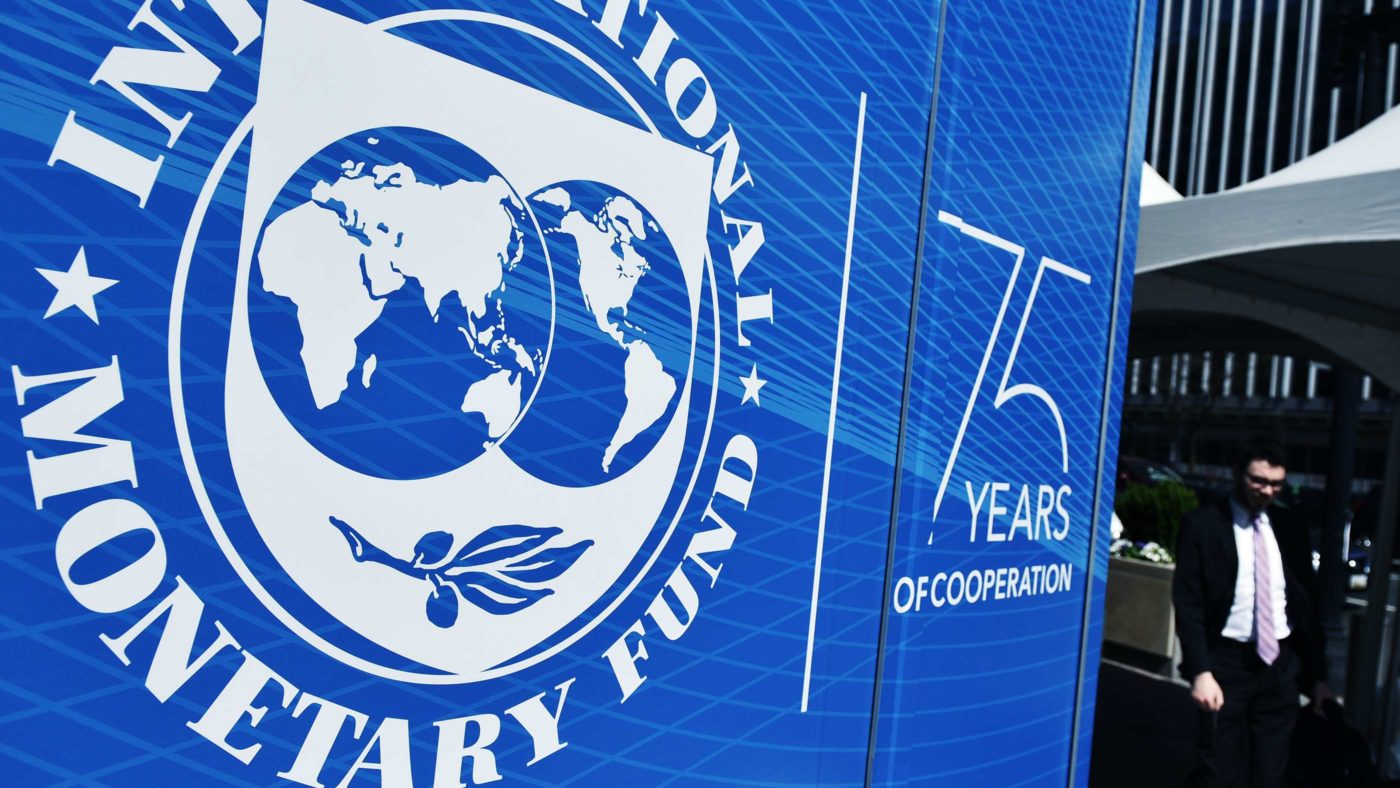There’s no doubting the dramatic impact the pandemic has had on public finances the world over, or the tough choices governments now face in trying to pay back the vast debts they have amassed.
Last week the IMF weighed into the debate with some recommendations of its own. They include a one-off levy on wealthier individuals’ assets, a higher income tax rate surcharge, and a tax on companies that have seen their profits rise significantly over the last year or so.
All taxes are fraught with trade-offs, but in the post-Covid era the top priority must be to avoid choking countries’ economic recovery through suppressing demand. That said, the IMF’s proposals may offer alternatives to pulling conventional fiscal levers such as raising income and sales taxes that typically produce this effect.
As a rule, consumption taxes have a bigger impact on spending compared to wealth taxes. That’s partly because people tend to spend less of each additional pound they earn as they move up the income ladder, devoting more to saving and investing, whereas poorer households generally use a greater proportion of their earnings on consumption. As a result, consumption taxes tend to hit less wealthy households – who represent a large share of consumers in developed economies – but have much less of an impact on wealthier individuals.
In the UK, for instance, raising the rate of VAT could prompt low and middle earners to adjust their usual spending habits due to higher prices in the shops. That’s particularly important because these consumers represent a significant amount of revenue for the sectors hit hardest by the pandemic, such as high street retailers and hospitality businesses. Any tax consumption inevitably means hitting these firms’ chance of recovery.
What about a one-off wealth tax or a levy on companies that have generated “excess profits” in the Covid era? One argument in favour of such measures is that they avoid some of the additional costs associated with introducing annual recurring taxes, as assets and profits would only need to be valued and taxed once. A single levy would also limit opportunities for people to change their behaviour to avoid the tax.
On the other hand, there are real concerns over whether a one-off wealth tax on individuals amounts to an infringement of civil liberties. A retrospective levy would be a particularly egregious move, as it would mean charging people for their previous consumption and investment decisions in the present – something many would consider not just unfair, but straightforwardly immoral.
The argument that a single wealth tax would avoid distorting investment and entrepreneurial activity is not particularly compelling either. After all, if governments tax people’s homes and pensions once, then that signals they are willing and capable of doing it again in the future. This could hit enterprise and new business creation due to people being disincentivised to set up new companies over fears of punitive taxation in the future. That’s particularly important as new business creation will be vital to the post-pandemic recovery, and ensuring economies do not suffer a vicious cycle of higher unemployment and depressed investment.
Perhaps the strongest argument against a one-off wealth tax is that it is a form of double taxation. People caught by the charge are likely to have already paid higher rates of income and capital gains tax in their lifetime. They would then face further levies on the assets they have purchased with after-tax earnings.
Depending on what types of assets are included, a wealth tax may target people who may own valuable property but don’t have much cash. This group are often middle-income households, some of whom might have to sell their family home to foot the bill.
The argument in favour of such taxes is simple enough. These are extraordinary times, and the pandemic has deepened existing inequalities. It is only right that those with the broadest shoulders should contribute more to redressing the balance and paying down public debt. However, the sheer administrative scope of implementing the IMF’s suggestions leaves them open to serious economic inefficiencies, before we even come to arguments about fairness
More to the point, if governments want to raise more revenue in a sustained manner, their best route is probably not a series of unwieldy one-off levies, but to sensibly reform existing taxes.
Click here to subscribe to our daily briefing – the best pieces from CapX and across the web.
CapX depends on the generosity of its readers. If you value what we do, please consider making a donation.


